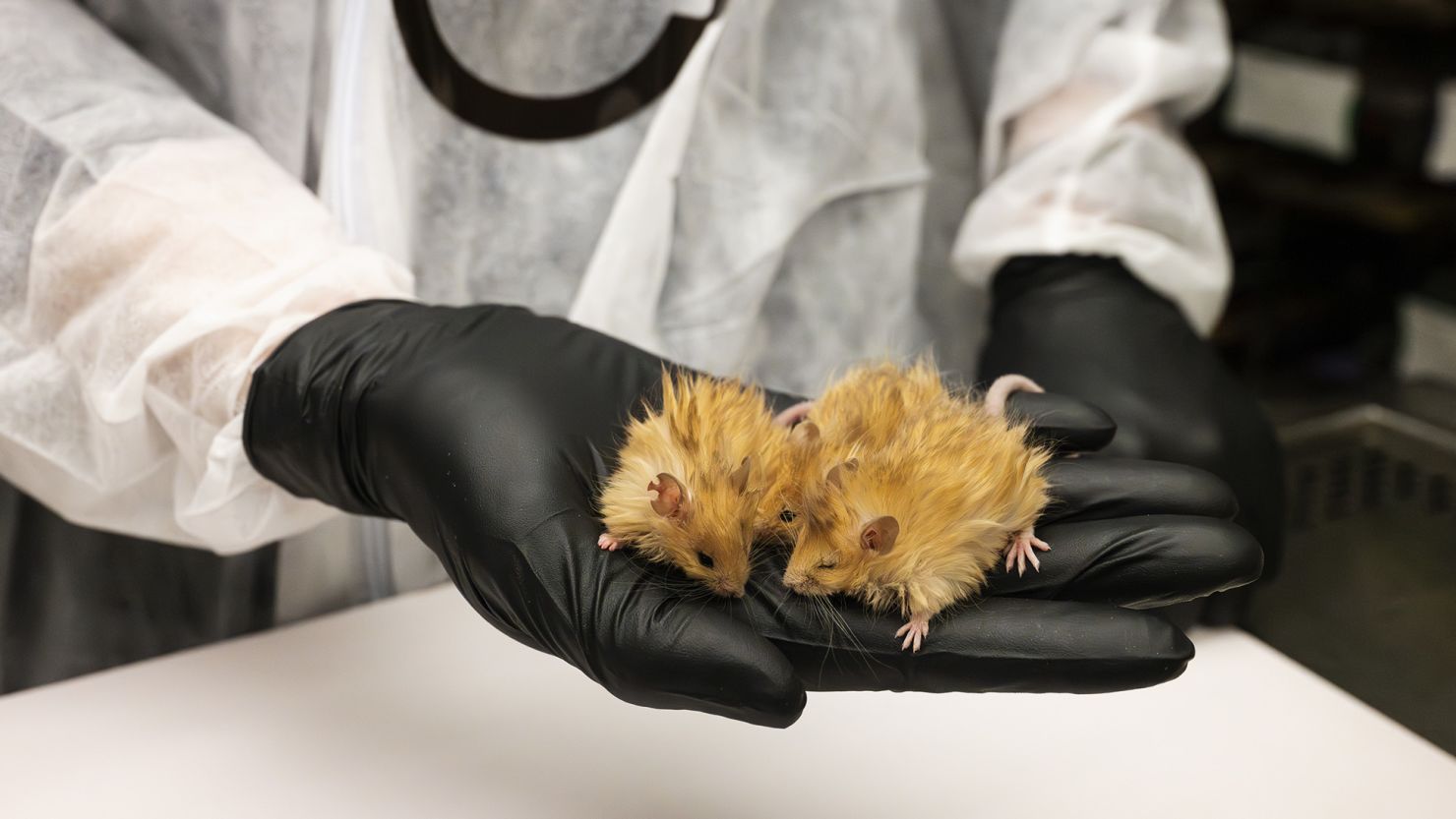Did The Dodo Have A Song?
Dodo bird, painted by Roelant Savery c. 1626 (credit: UK Natural History Museum/Wikipedia)
Did the Dodo have a song? Did it screech like an owl? have a cackling laugh like a kookaburra? or clacked beaks like penguins? How did Woolly Mammoths appear? No one knows since both animals are extinct.
The Dodo was discovered peacefully living on the Indian Ocean island of Mauritius in 1598. The flightless bird was easy to catch but their rapid decline was due less from meat hunting than from impacts caused by introduced rats, cats, and pigs. These feral, invasive animals destroyed its habitat and ate the eggs of the ground-nesting bird. By 1680 the Dodo was extinct and almost became mythological to future generations. In David Quammnen's excellent book The Song of the Dodo, covering biogeography and species distribution, the bird's extinction and many other issues affected by biodiversity loss are presented. A short history of the Dodo, its island evolution, and extinction from invasive species is shown in this animation.
However, things could potentially change if de-extinction research proves successful. The Texas biotech venture, Colossal Biosciences, is developing bio-technological tools that could potentially bring back the Dodo as well as other extinct, iconic, animals like the Wooly Mammoth and the and the Tasmanian tiger, the thylacine. According to Colossal, their researchers are using DNA extracted from a dodo skull; frozen mammoth tissue from exposed from permafrost melting in the Russian arctic; and thylacine bones in several museum collections to create genomic maps of the creatures.
The Dodo was a large, flightless pigeon that evolved on Mauritius. The island lacked predators so wings became unnecessary for the ground nesting bird. Its closest living relative is the Pink Pigeon from the Nicobar Islands elsewhere in the Indian Ocean. It will provide embryos for gene editing with Dodo-specific DNA once it has been fully sequenced and associated physical traits become known. Chicken eggs will be used to receive the new embryos, potentially producing dodo chicks if they hatch. Colossal has partnered with the Maurtius Wildlife Foundation to restore habitats as part of the restoration project. No date has been announced for the first chicks to hatch. These de-extinction efforts are an engine for innovations that could be applied to genetic studies elsewhere.
In another de-extinction step by the Texas company, Colossal has created healthy lab mice carrying genes controlling hair length, color, and temperature tolerance. The results are a technology demonstration of what will be required if they are able to re-construct Woolly Mammoths. Those animals must be able to withstand severe temperatures during Arctic winters.
According to their announcement, the researchers identified genetic variants in mice that control critical mammoth traits, like shaggy hair, cold tolerance, and the ability to store fat. They then compared DNA sequences taken from mammoth remains and from living relatives of the huge beasts to mice DNA with similar sequences to edit. They wanted to understand the protein-altering changes that evolved in the mammoth lineages to determine if they could be replicated in lab mice. Colossal used editing tools like CRISPr to manipulate the determined sequences in mice embryos, resulting in healthy mice carrying eight genetic alterations. The mice had long, shaggy golden hair, the same mutation affecting hair color in mammoths and humans. A video describes the dramatic results and a report awaits publication by Cold Springs Harbor Laboratory near Boston.

Gene-edited mice with cold adapted hair and fat proteins (credit: Colossal Biosciences)
Only time will tell if Dodos have a song or if blond Mammoths will graze the tundra once again. WHB